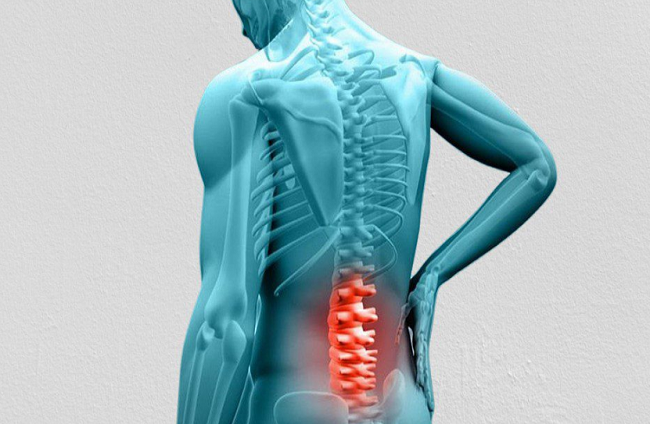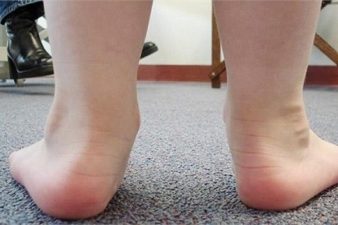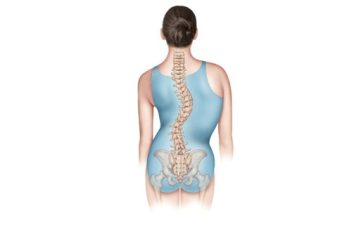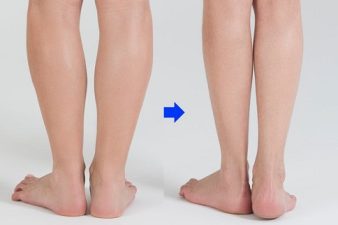Herniated discs, also known as slipped or ruptured discs, can cause significant pain and discomfort. While many cases can be resolved through conservative treatment, some individuals may require surgery to alleviate their symptoms. This article will explore the possibility of healing without surgery, factors to consider when deciding on surgery, success rates, and advanced surgical techniques for herniated discs.
Can a Herniated Disc Heal Without Surgery?
Many herniated discs can heal without surgery through conservative treatment methods such as physical therapy, pain medication, and lifestyle modifications. The body’s natural healing processes can reabsorb the herniated portion of the disc over time, reducing pressure on the nerves and alleviating symptoms. However, the healing process can take several weeks to months, and not all cases will respond to conservative treatment.
Does a Herniated Disc Require Surgery?
Surgery is typically considered when conservative treatments have failed to alleviate symptoms, or when there is evidence of severe nerve compression or spinal instability. Factors that may indicate a need for surgery include:
- Persistent pain and discomfort despite conservative treatment
- Progressive neurological symptoms, such as weakness or numbness
- Loss of bowel or bladder control, indicating severe nerve compression
When to Have Back Surgery for Herniated Disc
Deciding when to have back surgery for a herniated disc is a personal decision that should be made in consultation with a qualified healthcare professional. Factors to consider include the severity of symptoms, the impact on daily activities, and the likelihood of success with conservative treatments.
Herniated Disc Surgery Success Rate
The success rate of herniated disc surgery varies depending on the specific procedure and individual factors. Generally, discectomy and microdiscectomy have success rates of 80-90% in providing significant pain relief and improvement in function. However, it is important to have realistic expectations and discuss potential outcomes with your surgeon.
Herniated Disc Surgery Options and Advanced Techniques
Various surgical techniques are available for treating herniated discs, including:
- Laparoscopic Herniated Disc Surgery: A minimally invasive procedure that uses small incisions and specialized instruments to access the spine and remove the herniated portion of the disc.
- Laser Surgery for Herniated Disc: A technique that uses a laser to remove the herniated disc material, reducing pressure on the nerves.
- Microsurgery for Herniated Disc: A minimally invasive approach that utilizes a microscope and small incisions to access and treat the herniated disc.
- Minimally Invasive Spine Surgery: A range of procedures that aim to minimize surgical trauma by using specialized instruments and smaller incisions, resulting in less pain and faster recovery.
Herniated Disc Surgery Costs and International Options
The cost of herniated disc surgery can vary widely depending on factors such as location, surgical technique, and insurance coverage. Patients may seek treatment in international locations, such as Houston or Singapore, where renowned specialists and advanced techniques are available. It is essential to consider the potential risks and benefits of traveling for surgery, as well as the quality of care provided in different locations.
Herniated Disc Surgery Scar
The size and appearance of a herniated disc surgery scar depend on the surgical technique used. Minimally invasive procedures typically result in smaller, less noticeable scars, while traditional open surgeries may leave larger, more visible scars. Your surgeon can provide information about what to expect in terms of scarring and how to care for the surgical site postoperatively.
Conclusion
While many herniated discs can heal without surgery, some cases require surgical intervention to relieve symptoms and restore function. Deciding on surgery involves considering various factors, including the severity of symptoms, the impact on daily life, and the potential success of conservative treatments. With a range of advanced surgical techniques available, patients can explore their options and work with their healthcare professionals to determine the most appropriate course of action. Understanding the potential risks, benefits, and costs associated with herniated disc surgery can help patients make informed decisions and achieve the best possible outcomes for their spinal health.











